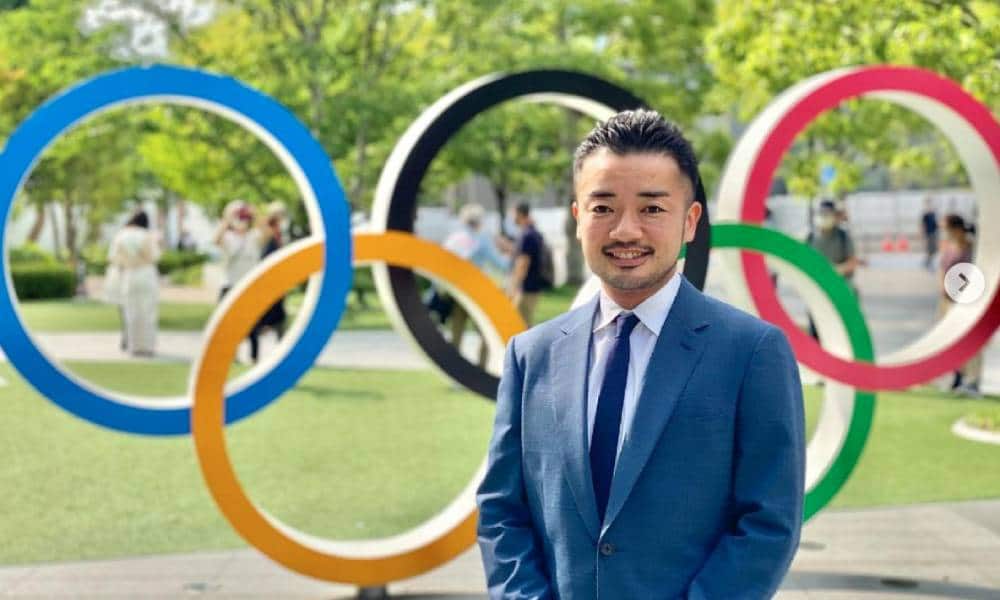Fumino Sugiyama, a transgender man and former fencer, says he was forced out of fencing because of transphobia. (Instagram/@fuminosugiyama)
Former elite fencer Fumino Sugiyama has opened up about deciding to quit his career in sport because of transphobia.
Sugiyama told Bloomberg that he was a member of Japan’s national women’s fencing team before he started transitioning. He described how he feared others discovering that he was trans and how this constant state of fear affected his career as an elite athlete.
Sugiyama recalled how his coaches would pick on him because of his short hair and often asked if he had a boyfriend. He added that he felt guilty for not being able to tell his teammates that he was trans, adding the fear of not being “accepted” led to him quitting the sport entirely.
“I couldn’t communicate with my teammates,” he told Bloomberg. “And if I wanted to be a man, I couldn’t combine that with my sport.”
He continued: “The hormone treatment would have amounted to doping, and I didn’t know if I’d be accepted.”
After years of competing in fencing, Sugiyama decided to retire at the age of 25 after he decided to come out as transgender.
Fumino Sugiyama has championed trans rights in Japan and LGBT+ inclusion in sport since retiring.
In June, he was appointed as an executive board member of the Japan Fencing Federation and the Japan Olympic Committee (JOC). According to AFP, he is the JOC’s first openly transgender board member.
In a post about his appointment on Instagram, Sugiyama described how he “competed in athletic competitions as a professional fencer” from the age of 10 to 25. After retiring from fencing, he wrote that he spent “about 15 years” raising awareness about LGBT+ issues and trans rights in Japan.
Now, at the age of 40, he said that he was “honoured” to use his decades of experience to “challenge a new field”.
“I will continue to do what I can, one step at a time, to contribute towards the promotion of diversity and psychological safety in the sports world,” Sugiyama wrote.
According to OutSports, there are at least 182 out LGBT+ athletes competing at the Tokyo Summer Olympics. This record-breaking number is more than triple the number of openly LGBT+ athletes who participated in the 2016 Rio games.
OutSports also has kept track of the number of medals won by LGBT+ athletes at the 2020 Tokyo games and if any athletes have come out during the global competition. However, the news outlet does not currently list any openly LGBT+ athletes from Japan.
Before the games started, human rights activists called for Japan to introduce a law to protect LGBT+ people from discrimination on the basis of sexual orientation and gender identity. In a letter, 116 human rights and LGBT+ organisations asked the prime minister to introduce such legislation before the Olympics, but their wishes never materialised.
While homosexuality is legal in Japan, there are currently no laws preventing discrimination against LGBT+ people in the workplace or housing. Same-sex marriage is still not legally recognised, though some cities recognise civil unions.
Transgender people have been recognised by the Japanese government since 2004, but a controversial part of Japanese law requires individuals can only be identified as their preferred gender after undergoing gender-affirming surgery.
